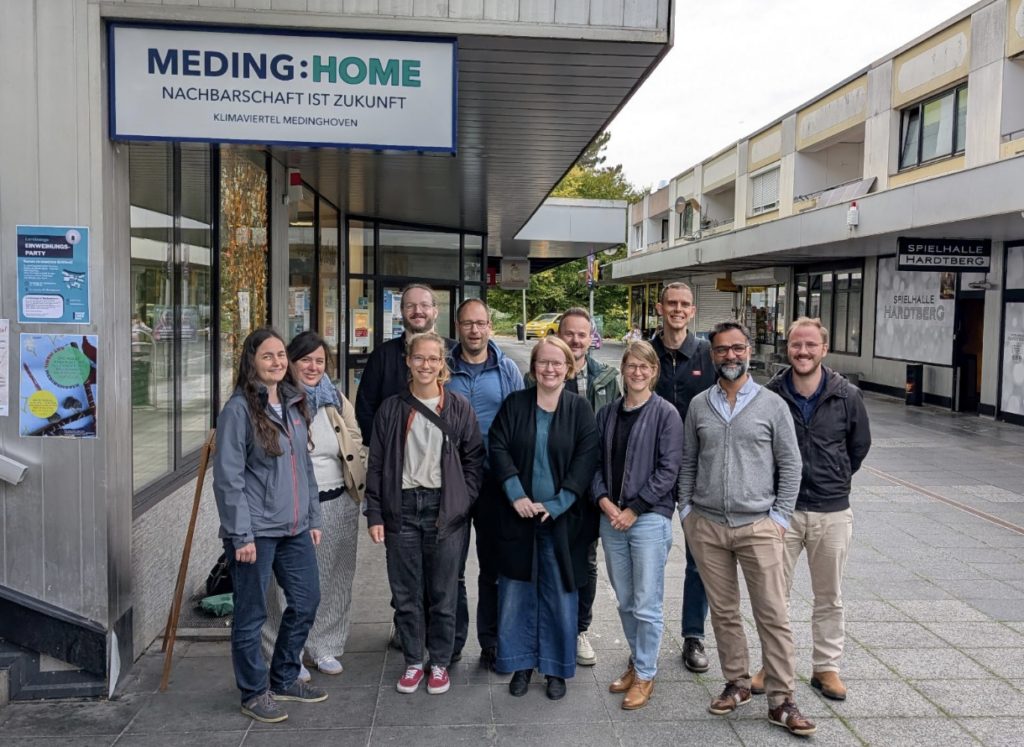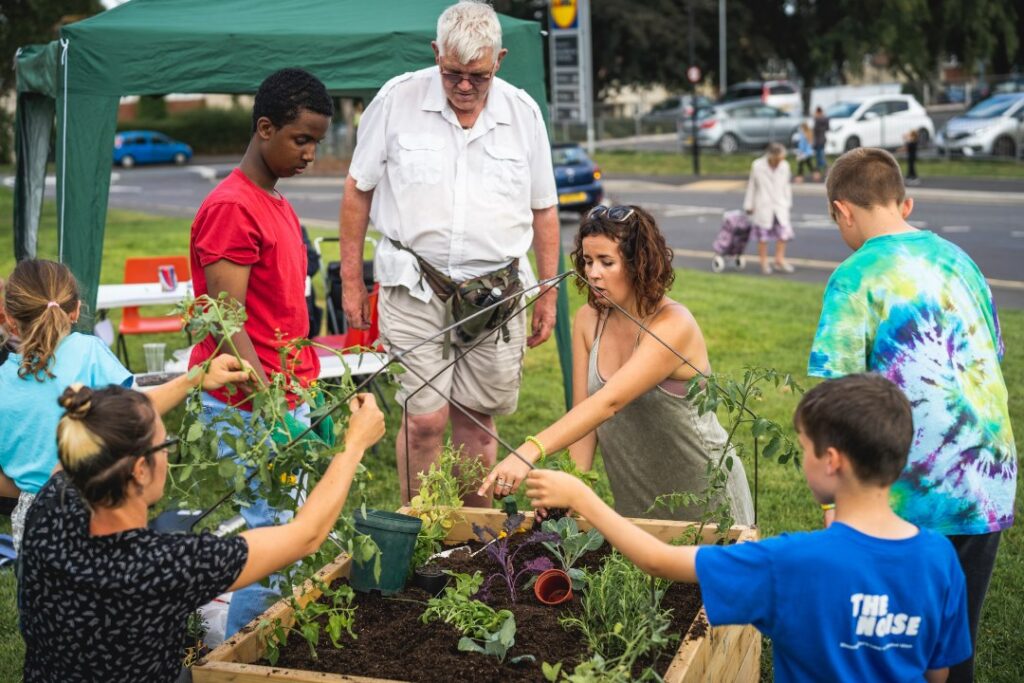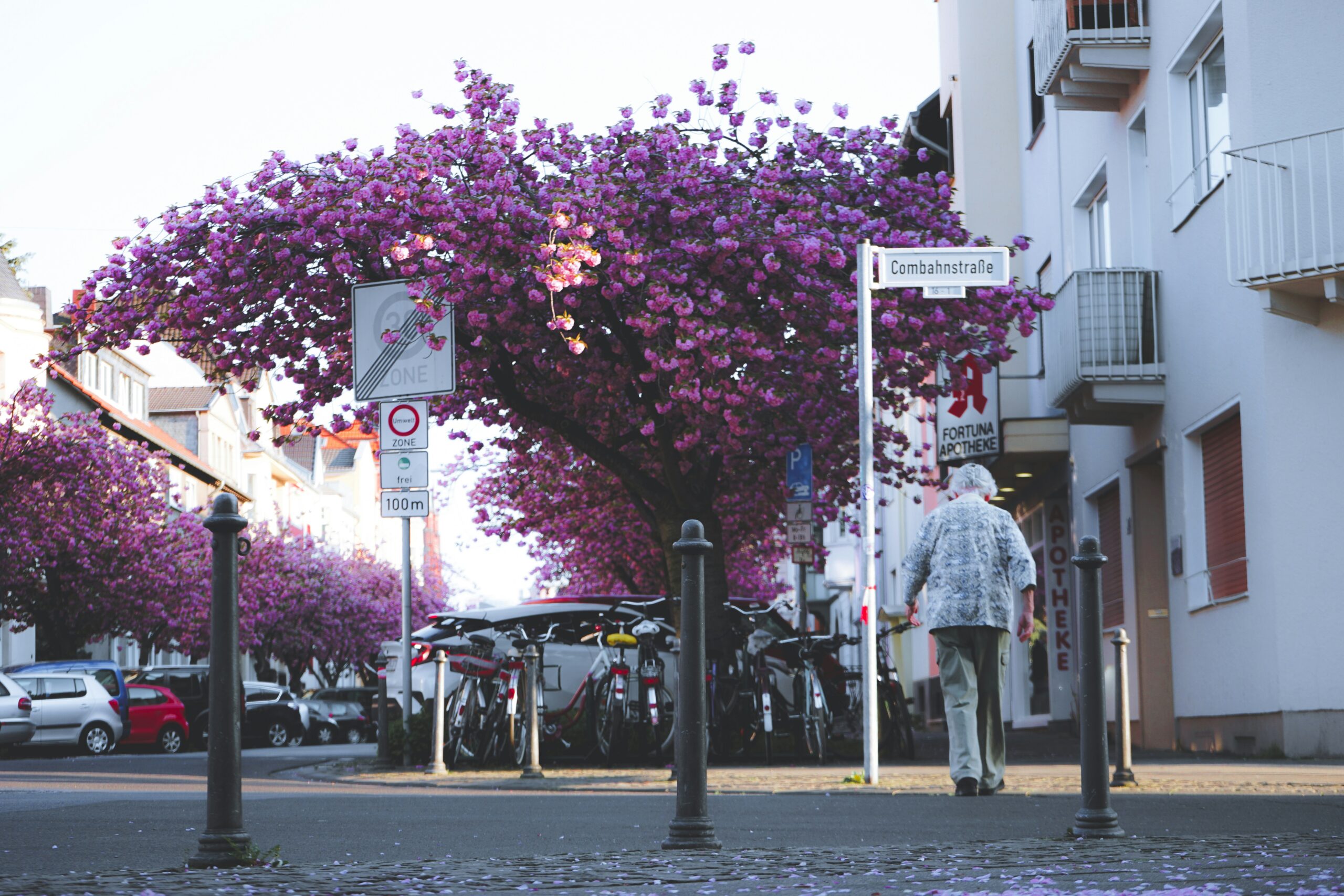Why climate action falls short without inclusion – and how cities can change this
Climate action is only as effective as the communities it reaches. Yet, too often, city programs benefit those with the most resources, such as homeowners, wealthier households, or people already engaged in local processes. Disadvantaged groups often remain left out.
Through the INCLU:DE project, ICLEI and partner cities are exploring how to make climate action more inclusive, practical, and fair. Their experiences show that when barriers are removed and climate programs are made more accessible, everyone gains: From stronger uptake of climate-friendly solutions to more resilient and trusted local governance.

Step 1: See who is being left behind
For some residents, participation in climate programs is out of reach. Factors blocking their involvement can include financial limitations, time constraints, language barriers, limited decision-making power, or institutional mistrust. Tenants, for instance, may want to look into energy upgrades but lack the power to decide on building improvements without landlord support. Low-income households may not be able to afford the upfront costs of solar panels, even if subsidies exist.
In Germany, cities like Essen and Dortmund are tackling these barriers. Essen is conducting public surveys to inform its cargo bike subsidy program, aiming to understand the barriers preventing low-income households from applying and how the program could be redesigned. Dortmund is launching a study to map disadvantages and demographic factors in order to tailor communication and funding of subsidy programs to neglected groups.
And in the United States, San José uses equity indicators to identify vulnerable neighborhoods and prioritize them for initiatives like its Zero Emissions Neighborhood pilot. The silver thread, in these cases, is leveraging data to reveal gaps and guide resources to where they are most needed.
Step 2: Design outreach that works
Even well-designed programs fail if communities are not informed or engaged in ways that make sense to them. INCLU:DE cities highlight the value of plain language, multilingual communication, relatable imagery, and tangible demonstrations from trusted contacts. Flyers and booklets remain effective for certain groups, while workshops and local events provide hands-on learning. The result: Outreach rooted in the community, not imposed from above.
For instance, through its “Balcony Scouts” initiative, the city of Bonn, Germany, has trained volunteers to visit residents, especially in low-income neighborhoods, and explain how to install balcony solar modules. These sessions aimed at demystifying the process, providing practical help, and connecting these communities to public subsidies.
Similarly, Heidelberg, Germany, faced low uptake of its solar subsidy in the Hasenleiser district, a high-rise area with energy poverty. Instead of broad city-wide campaigns, officials have focused on the district, working with the local management office and advisory board. They have set up demonstration modules, trained trusted local actors, and created simple guides.
Step 3: Share power and support community-led action
Oftentimes, meaningful inclusion requires cities to hand over some power and resources so that communities can lead solutions themselves.
Bristol, England, offers an inspiring model. By partnering with the independent Bristol Climate & Nature Partnership, the city has helped co-create 17 Community Climate Action Plans with diverse organizations, from youth groups to migrant associations. These plans, built around themes like transport, food, and energy, reflect the priorities of those most affected by climate and inequality. Bristol has also set up a Community Leadership Panel of representatives with different lived experiences, tasked with reviewing strategies and proposals, ensuring residents play a decisive role in shaping citywide climate policies. Crucially, they are financially compensated for this work.
Cities can also support inclusion in more targeted ways: By funding grassroots projects, empowering trusted community ambassadors, or embedding equity criteria and specific indicators into all new initiatives.

Key takeaways for inclusive climate action
INCLU:DE project cities show that inclusive climate action is practical and achievable. Cities that want to close participation gaps can start with these lessons:
- Map barriers: Use data and engagement to identify who is excluded and why.
- Tailor communications: Translate, demystify, and show examples people can relate to.
- Work locally: Partner with trusted neighborhood groups and multipliers.
- Share power: Support community initiatives with funding, visibility, and decision-making roles.
- Build trust: Invest time and relationships for long-term collaboration.
- Repeat: Continue ongoing dialogues, assess regularly and revise plans if needed.
Making climate action inclusive is not a one-off effort. It is about embedding fairness into every step of local planning, from subsidies and solar programs to communication campaigns and citywide strategies, and regularly reassessing and updating them. By learning from cities like Essen, Dortmund, San José, Bonn, Heidelberg, and Bristol, local leaders can build climate initiatives that reach those who need them most and create benefits for all. Because climate action can only succeed if all parts of our societies can participate in the transition.
*The INCLU:DE project is implemented by ICLEI with the support of Stiftung Mercator. Find out more about the project here.







